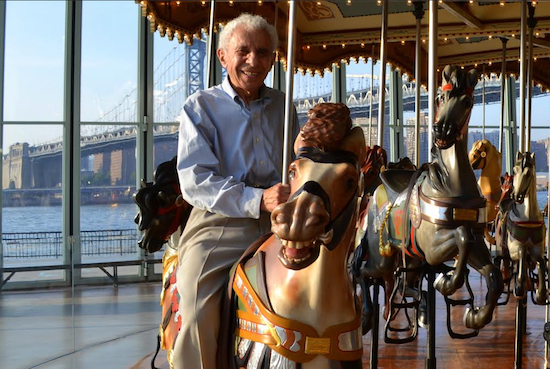Leslie Lewis: Leaving behind a legacy of safe streets

A little less than 20 years ago, Leslie Lewis was standing with a police sergeant on the corner of Wyckoff and Bond streets in Brooklyn when a young woman approached them. She mentioned that she was thinking about moving to the area and asked how safe it was.
The sergeant told the woman that it was absolutely safe. As she walked away, Lewis recalls, the sergeant turned to him and said, “You know something, Leslie, if it wasn’t for you and me, we couldn’t have told the truth and said that.”
Anyone who knows Lewis well has probably heard that story before. The longtime Brooklynite moved to the borough more than 30 years ago and has spent most of that time working with the 84th Precinct in helping to lower crime in the area. Lewis takes pride in working toward making the streets safer — a goal that has become a part of his legacy.

Brooklyn Heights
View MoreRead the Brooklyn Height's Press and Cobble Hill News. Find out more about Brooklyn Height's History here.